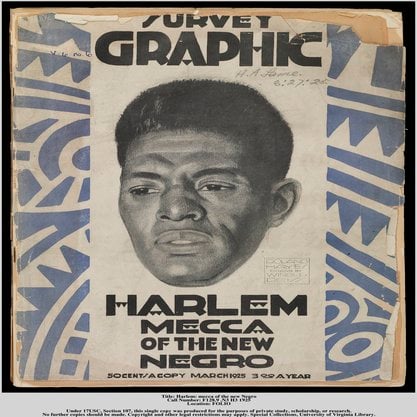Article
Jean Toomer (1894—1967) By Knewitz, Simone
Article
Jean Toomer (26 December 1894—30 March 1967) was an American writer associated with literary modernism and the Harlem Renaissance. He was born as Nathan Pinchback Toomer in Washington, D.C., and changed his name to Jean Toomer at the beginning of his writing career in 1920. Toomer is primarily known for his critically acclaimed book Cane (1923), an experimental collage text of narratives, dramatic pieces, and poems. He also published essays, literary reviews and criticism, poems, dramatic texts, and stories in journals and newspapers. Though opposing reductive racial categories, Toomer was in close contact with the New Negro movement, initiated by Alain Locke, while he was working on Cane. Being of multiracial descent, he could easily pass for white, and lived both as black and white at different stages of his life. After the publication of Cane, he rejected all racial classifications. In the early 1920s, Toomer turned toward the spiritual ideas of George Gurdjieff, whose school of higher consciousness and spiritual self-development he followed and taught himself until 1935. In his later life, he became interested in Quakerism. With the exception of a collection of aphorisms, Toomer did not publish any more books after Cane during his lifetime.


